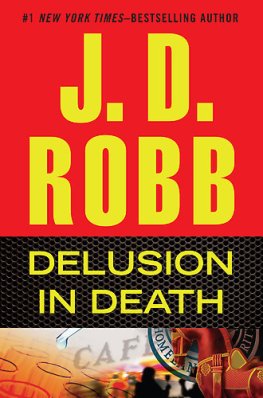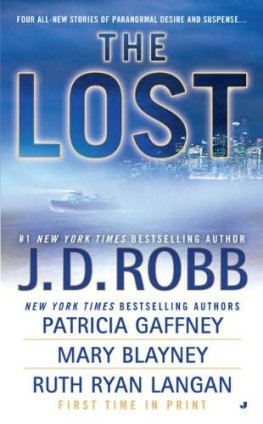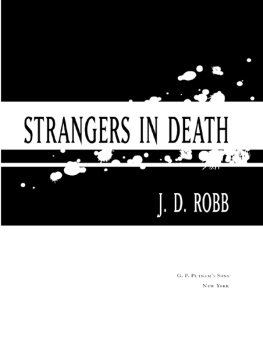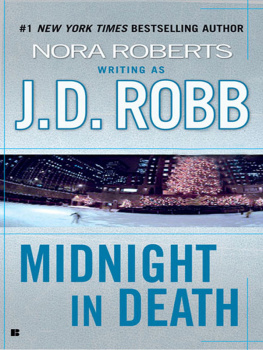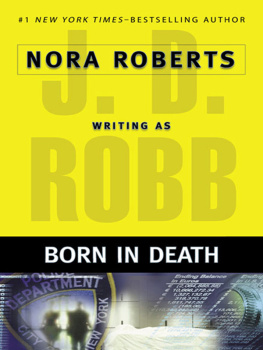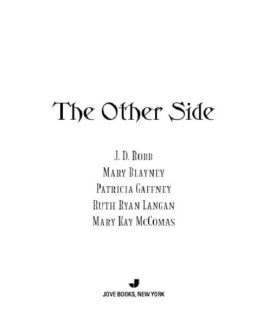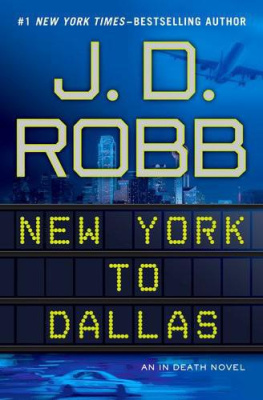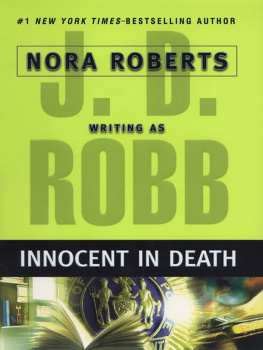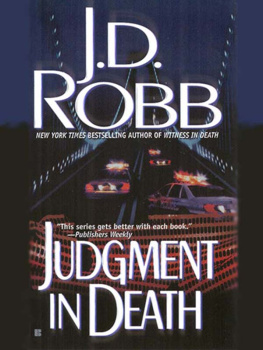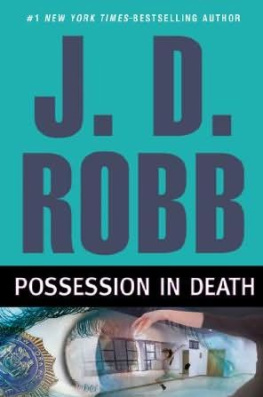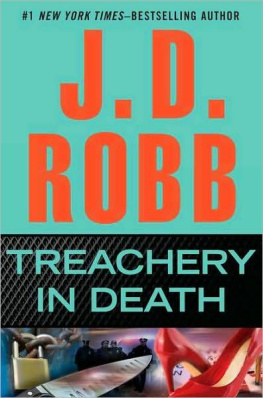Richard Robb - Willful
Here you can read online Richard Robb - Willful full text of the book (entire story) in english for free. Download pdf and epub, get meaning, cover and reviews about this ebook. year: 2019, publisher: Yale University Press, genre: Romance novel. Description of the work, (preface) as well as reviews are available. Best literature library LitArk.com created for fans of good reading and offers a wide selection of genres:
Romance novel
Science fiction
Adventure
Detective
Science
History
Home and family
Prose
Art
Politics
Computer
Non-fiction
Religion
Business
Children
Humor
Choose a favorite category and find really read worthwhile books. Enjoy immersion in the world of imagination, feel the emotions of the characters or learn something new for yourself, make an fascinating discovery.

- Book:Willful
- Author:
- Publisher:Yale University Press
- Genre:
- Year:2019
- Rating:5 / 5
- Favourites:Add to favourites
- Your mark:
- 100
- 1
- 2
- 3
- 4
- 5
Willful: summary, description and annotation
We offer to read an annotation, description, summary or preface (depends on what the author of the book "Willful" wrote himself). If you haven't found the necessary information about the book — write in the comments, we will try to find it.
Willful — read online for free the complete book (whole text) full work
Below is the text of the book, divided by pages. System saving the place of the last page read, allows you to conveniently read the book "Willful" online for free, without having to search again every time where you left off. Put a bookmark, and you can go to the page where you finished reading at any time.
Font size:
Interval:
Bookmark:
Willful
How We Choose What We Do
Richard Robb
Yale UNIVERSITY PRESS
New Haven & London
Copyright 2019 by Richard Robb.
All rights reserved.
This book may not be reproduced, in whole or in part, including illustrations, in any form (beyond that copying permitted by Sections 107 and 108 of the U.S. Copyright Law and except by reviewers for the public press), without written permission from the publishers.
Yale University Press books may be purchased in quantity for educational, business, or promotional use. For information, please e-mail (U.K. office).
Set in Janson type by Integrated Publishing Solutions.
Printed in the United States of America.
Library of Congress Control Number: 2019938844
ISBN 978-0-300-24643-8 (hardcover : alk. paper)
A catalogue record for this book is available from the British Library.
This paper meets the requirements of ANSI/NISO Z39.48-1992 (Permanence of Paper).
10 9 8 7 6 5 4 3 2 1
The delights of all the worlds wanted to reveal themselves to Rabbi Aaron, but he only shook his head. Even if they are delights, he said at last, before I enjoy them, I want to sweat for them.
M ARTIN B UBER , Tales of the Hasidim
1
Venturing beyond Purposeful Choice
2
Two Realms of Human Behavior
3
Acting in Character
4
Making Money in Financial Markets:
Anatomy of a Leap
5
For-Itself Decision-Making within a Group
6
Altruism
7
Public Policy
8
Changing Our Minds
9
Homo Economicus and Homo Ludens
SUMMING UP
Purposeful versus For-Itself:
A Peace Treaty
Willful
Ill begin with some confessions. When the facts change, I usually dont change my opinions unless Im backed into a corner, and then Ill change them by as little as possible. I am a workaholic. I pretend that work is a pain, but Id be lost without it. I procrastinate because boring tasks become more exciting when Im up against a deadline. Im careful to buy milk at the store where its twenty cents cheaper, yet for eighteen years I have left my Columbia University retirement account in a low-yielding money market fund and missed out on a booming stock marketdespite the fact that I teach economics. And Ill occasionally go out of my way to aid a casual acquaintance even when there are far more deserving people I could help. All the while, I think of myself as a rational person.
One final confession: Im not all that embarrassed by any of this because its the human condition. I dont believe myself to be particularly afflicted with behavioral biases, the place to turn nowadays when were not living up to a high standard of rationality. Well, maybe I do fall into traps from time to time, like the endowment effect (overvaluing things I already own) or the Lake Wobegon effect (rating myself a better-than-average driver, for example, along with 93 percent of Americans). Its hard to be certainafter all, behavioral economics deals with blind spots. But I dont think that biases are the cause of my pigheadedness, aversion to leisure, letting problems build up even though I know by now that an ounce of prevention is worth a pound of cure, sloppiness with personal finances, random displays of altruism, or other seemingly nonrational behavior.
Instead, I think my behavior is the result of unproblematic, intrinsically human impulses. Holding beliefs that fit with each other and with our experience, that stick together over time, is part of having an identity. Robots might turn on a dime if it would help them reach their goals, but not me. Why should I revise my beliefs to gratify the desires of the new person I might become? Ive also come to realize that work, like a lot of activities, is undertaken partly for reasons we can pinpointsuch as economic gain, camaraderie with colleagues, or improved statusand partly as a game. In a game, we simply play. We act on the world, and theres little more to be said.
But it doesnt feel that way. We may choose badly or make the same mistakes again and again but at some level we feel as if we are trying to get what we want. When we do act without a purpose, we invent a reason after the fact, like a sleeping person who hears a barking dog and weaves it into the narrative of her dream. Inventing reasons in this way preserves our self-image as rational.
It might sound like Im rejecting the backbone of economic theory, rational choice, but to do so would be a mistake. Rational choice has illuminated huge swaths of behavior by emphasizing that we do our best to satisfy our desires with the information and resources at our disposal; we compare all available options and choose the one we prefer over the others.
Im not launching an attack on this theory; far from it. I start out each semester defending rational choice against two objections that students usually raise: they dont feel like calculating machines and they are not materialistic. The first concern is unwarranted, because your actions may adhere to rational choice whether you know it or not. Arthur Schopenhauer tells the story of an elephant traveling through Europe, crossing many bridges. The elephant stops dead at one rickety bridge, even after seeing men and horses cross, having sensed that the bridge cannot bear its weight. The defiant elephant illustrates the intuition behind much of economics: when a decision really matters, people and even animals are pretty smart.
As for the second objection, economics does not assume that people care only and unattractively about themselves and their material well-being. The satisfaction, or utility, that an individual chooses to maximize might depend on inputs like altruism, the well-being of others, or adherence to ethical standards.
Even after allowing for altruism and accepting that calculations can be intuitive, the idea of yourself as a strictly rational actor may leave you a bit queasy. Conventional thinking offers a palliative: behavioral economics. Behavioral economics has extended rational choice to account for biases and heuristics. A person acting with a behavioral bias also tries to satisfy her desires but routinely misses the mark. Behavioral economists hope that identifying biases will help people mend their ways and act in conformity with economic models. If rational choice theory conceives of people as robots whose behavior is determined by their preferences, then behavioral economists believe that those robots are badly programmed.
Both rational choice and behavioral economics assume that action is purposeful, that people seek the outcomes that best gratify their preexisting desires. People either know their preferences and can describe them out loud, or sense them and act as if they understood what they wanted. The purposeful choice model can explain many things, but not everything. Certain actions are undertaken not for any tangible benefit but for their own sake. They cannot be ranked against, or traded for, other actions. These actions belong to a second realm of behavior that is neither rational nor irrational, but for-itself.
Suppose a woman is about to jump into a river to save her drowning husband. We would not expect her to behave ration
The distinction here is not in the magnitude of the decision. A great deal of everyday non-husband-rescuing behavior belongs to the for-itself realm. In the 1942 Preston Sturges screwball comedy The Palm Beach Story, an elderly Texas sausage magnate, the Wienie King, decides to lend a hand to penniless Claudette Colbert. She reminds him of himself when he was young and poor, so in a spontaneous, one-time act of mercy, he peels off $700 from his money roll, gives it to her, and says, so long. The Wienie King cant help everyone he meets even though other potential recipients may be more worthy of aid. His for-itself gesture to Colbert was not predictable; he just did as he liked.
Next pageFont size:
Interval:
Bookmark:
Similar books «Willful»
Look at similar books to Willful. We have selected literature similar in name and meaning in the hope of providing readers with more options to find new, interesting, not yet read works.
Discussion, reviews of the book Willful and just readers' own opinions. Leave your comments, write what you think about the work, its meaning or the main characters. Specify what exactly you liked and what you didn't like, and why you think so.

